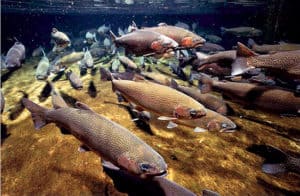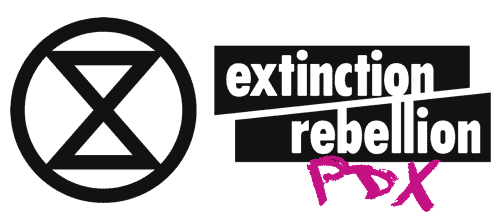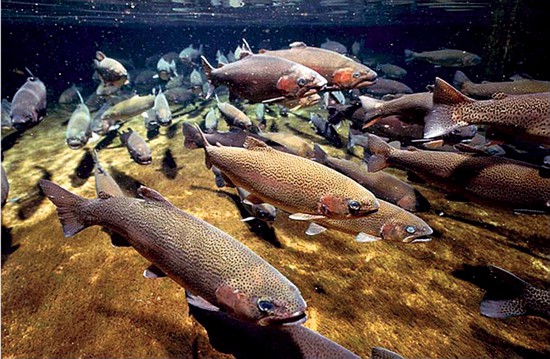
It’s rare to see actual, honest-to-god good environmental news these days, but here’s some: Washington State has torn down another dam, restoring miles of salmon habitat. As mentioned in Thursday’s action, starvation is one of the greatest threats to orca populations. Bringing back the salmon is a huge step in the right direction.
I’m hesitant to call this a victory though, because what kicked off this process wasn’t environmental activism. It was money.
The reason was simple: Paying for legally required upgrades to the city’s water supply infrastructure was going to be more expensive for city residents than buying water from Everett, which was already supplying water for the north half of town.
I have no doubt that everyone involved in this project was excited to see this happen, but the only reason they got to act is because the city finally found an excuse to tear down the dams: “It’s cheaper than upgrading them.”
So, while I’m sincerely happy that this is happening, it leaves a bad aftertaste. Apparently, the only way we can do good things for the environment is if we can also say it’s cheap. Taking care of where we live is still less important than money, a thing that we made up. Whether or not southern resident orcas stop existing forever depends on the 2020 budget for the City of Snohomish…which is also a thing we made up.
It’s not that this approach can’t work. We’ve seen some real success with it, such as BlackRock deciding that fossil fuels are now a bad investment and that they should be putting their money elsewhere. But we’re fundamentally demanding that the environment bribe us into not destroying it. Yes, climate change will destroy commerce as we know it, but if stopping it doesn’t make money now, we’re just going to let it happen.
This is why proposals like the Green New Deal now make me very nervous. Yes, we probably can end our carbon emissions while improving our economy. But…what if we can’t? If capitalism and stopping climate change turn out to be mutually exclusive, are we actually going to pick capitalism? Really?
The fact that what I’m expressing is a radical statement is, itself, a huge problem. The pattern for decades has been that environmentalists come to the powerful, asking them to stop their destruction, but when the powerful ask “Or you’ll do what?”, environmentalists rarely have a good answer. Without an answer, we are not making a demand. We are begging. A Green New Deal isn’t a bad idea, but the original New Deal only passed because the alternative was the collapse of capitalism. What have you got?
So, celebrate those dams coming down in Snohomish, but recognize that they had to trick themselves into doing it. When the Endangered Species Coalition calls for leadership, this ain’t it.
(Hat tip to Janet Weil for the Seattle Times article.)

